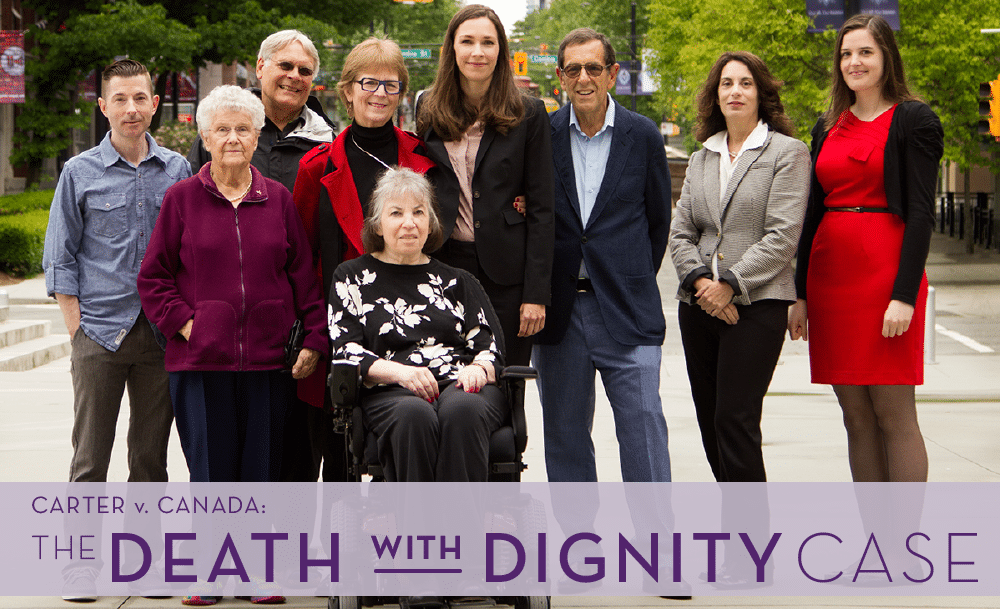
Canada’s pot policy needs to sober up
Andre Picard, The Globe and Mail August 21, 2014
Sometimes, you catch news items a bit late. Today, that item is Globe public health reporter Andre Picard’s recent write-up on Canada’s marijuana legalisation discourse (which closely mirrors that taking place in the US).
As succinctly stated, a more sombre reflection on the possible / likely ramifications of legalisation than what’s so far passed as ‘debate’ is needed. Mr. Picard seems to pull back a bit in his August 2014 column, grouping pot as a, “recreational drug, such as tobacco and alcohol”. In an earlier (April 2014) column, the ‘recreational drug’ reference was to opioids, such as abused prescription OxyContin and heroine.
While cannabinoid and opioid are distinct, they “share several pharmacologic properties”. The science is far from settled on whether in therapeutic use the combination of the two is more beneficial or harmful. The science is far clearer on the combination’s recreational / mis-use: It’s quite harmful, and can be fatal. Since it targets similar (but not the same receptors) as opioids, cannabis can likewise be addictive (the distinction between ‘habit-formation’ and ‘addiction’ is more art than science).
Decriminalisation, or legalisation?
Cannabis use can be quite socially harmful, to individual users’ health (cognitive development, mental health), and to the greater public (motor vehicle, workplace accidents). There’s also economic harm, to individuals (criminal record implications), and to the state (enforcement, rehabilitation). The interesting debate, it would seem, is whether to simply decriminalise possession or legalise commercial trade (production, distribution, sale).
The interesting line in, and jump-off point from, Mr. Picard’s column:
But there are a lot more alcoholics than there are stoners.
Yes, there are. Now. When one can purchase alcohol at just about every convenience and grocery store. Along with a pack of smokes. For less than ten bucks. Will that still be the case when a pack of marijuana cigarettes is sold alongside the Players and duMaurier for a similar price?
One of the most disingenuous arguments put forward for marijuana legalisation is that government regulation will keep it out of children’s hands – like alcohol and tobacco. It’s a transparently absurd argument to anyone who’s attended Canadian high school any time in the past half century. Because Canadian high school kids don’t have access to alcohol and tobacco.
Similarities to Prohibition debate
Did Prohibition Really Work? Alcohol Prohibition as a Public Health Innovation
Jack S. Blocker, Jr, American Journal of Public Health February 2006
Actually, Prohibition Was a Success
Mark H. Moore, New York Times October 16, 1989




